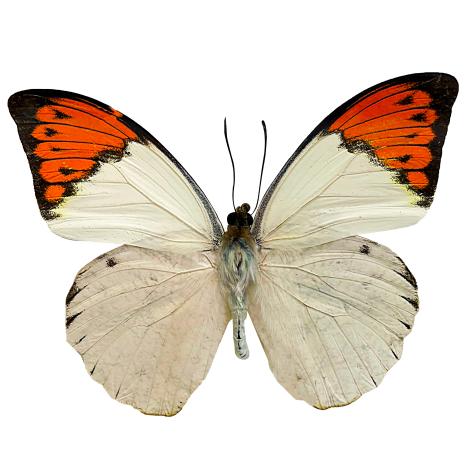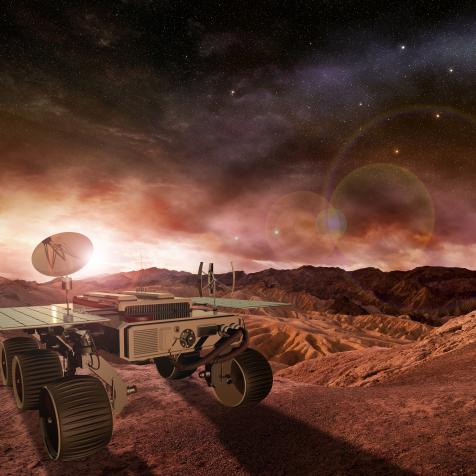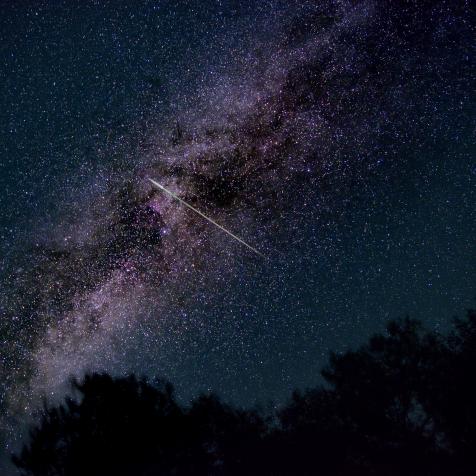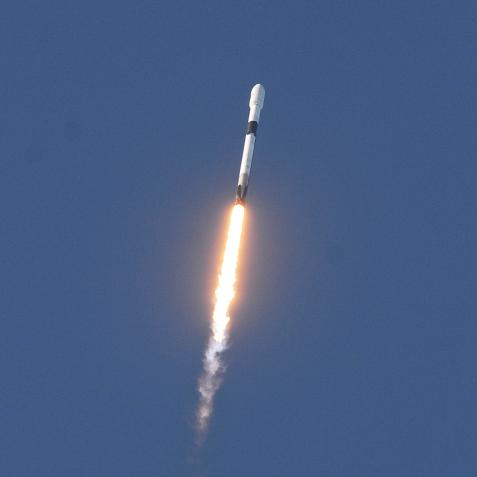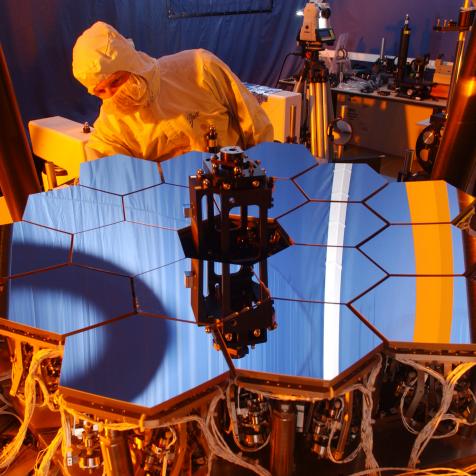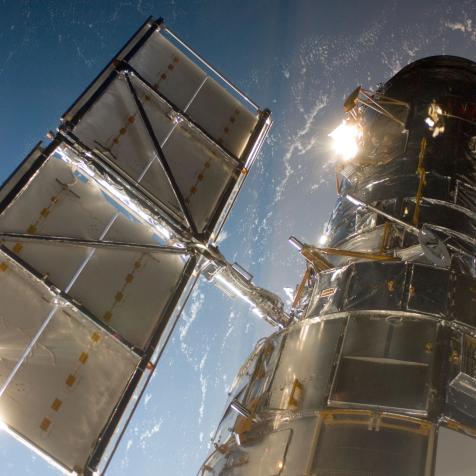
Curiosity Daily Podcast: You Can Enjoy Play Before Work, Life After Asteroid Impacts, and an Eyepatch Eyesight Hack
Learn about why it’s okay to put play before work; a surprising reason why pirates may have worn eyepatches; and how life bounced back surprisingly quickly after the asteroid killed the dinosaurs.
September 16, 2019
Episode Show Notes:
In this podcast, Cody Gough and Ashley Hamer discuss the following stories from Curiosity.com to help you get smarter and learn something new in just a few minutes:
- It's OK to Put Play Before Work — Research Says So — https://curiosity.im/34ssI2R
- Pirates Probably Didn't Wear Eyepatches for the Reason You Think — https://curiosity.im/2L1hH0L
- After the Asteroid Killed the Dinosaurs, Life Bounced Back Surprisingly Quickly — https://curiosity.im/2L1hI4T
Download the FREE 5-star Curiosity app for Android and iOS at https://curiosity.im/podcast-app. And Amazon smart speaker users: you can listen to our podcast as part of your Amazon Alexa Flash Briefing — just click “enable” here: https://curiosity.im/podcast-flash-briefing.
See omnystudio.com/listener for privacy information.
Next Up
Curiosity Daily Podcast: Space Slingshot, Ancient Modern Pants, Lifesaving Silence
Hear about a slingshot launching payloads into space, the impressively modern-looking world’s oldest pants, and how moth wings are able to absorb sound to avoid detection from bats.
Curiosity Daily Podcast: Skin Print, Testing Birth Control, Race To Bring Mars Home
You’re going to learn about efforts to print astronaut skin in space with their own blood, the mystifying side effects of birth control, and the race to bring soil samples back from Mars!
Curiosity Daily Podcast: Rice TV Screen, Satellite Warfare, Unraveled DNA
Do you want to know about a new environmentally friendly way to make TV Screens, what future space warfare might look like, and how we have finally completely unraveled the human genome?
Curiosity Daily Podcast: Big Brain Bestfriends, Mars Exploration Fleet, Brain Unpain
Discover how our brains physically reflect how social we are, a new proposal for Mars exploration vehicles, and patterns in our brain that reveal how we process pain!
A Guide to this August’s Best Astronomy Attractions
Learn more about the exciting things happening in the night sky this month! From the rings of Saturn to the most popular meteor shower of the year, August 2022 has us stargazing all month.
South Korea Joins Space Race by Sending its First Spacecraft to the Moon
South Korea is launching its first lunar probe to the moon on August 4th. The Korea Pathfinder Lunar Orbiter (KPLO) or Danuri, developed by the Korea Aerospace Research Institute (KARI) is being launched to study moon carters, magnetic fields, and surface weathering.
How Exoplanets Became the Next Big Thing in Astronomy
To date, we know of over 5,000 planets outside the solar system. And astronomers suspect that there may be *checks notes* around a trillion more in our galaxy alone. The search for exoplanets is one of the hottest topics in astronomy, with expensive telescopes and giant collaborations all searching for the holy grail of the 21st century: an Earth 2.0, a habitable world like our own.
What We’ve Already Learned From James Webb? (Hint: it’s a lot)
That was worth the wait. Just a quick handful of months since its historic launch on Christmas Day, the James Webb Space Telescope has flown to its observing position, unfolded its delicate instruments and ultra-sized mirror, and run through a suite of checks and alignments and calibrations. The team at NASA behind the telescopes released their first batch of images from the science runs, and besides being gorgeous, they're powerful.
Why Astronomers Care About Super-Old Galaxies?
A long time ago, our universe was dark.It was just 380,000 years after the big bang. Up until that age, our entire observable cosmos was less than a millionth of its present size. All the material in the universe was compressed into that tiny volume, forcing it to heat up and become a plasma. But as the universe expanded and cooled, eventually the plasma changed into a neutral gas as the first atoms formed.
How Astronomers Use a Trick of Gravity to See the Most Distant Objects in the Universe
Let’s say you’re an astronomer (work with me here) and you want to take a picture of something incredibly, deeply far away. You know, the typical business of astronomy.


































































